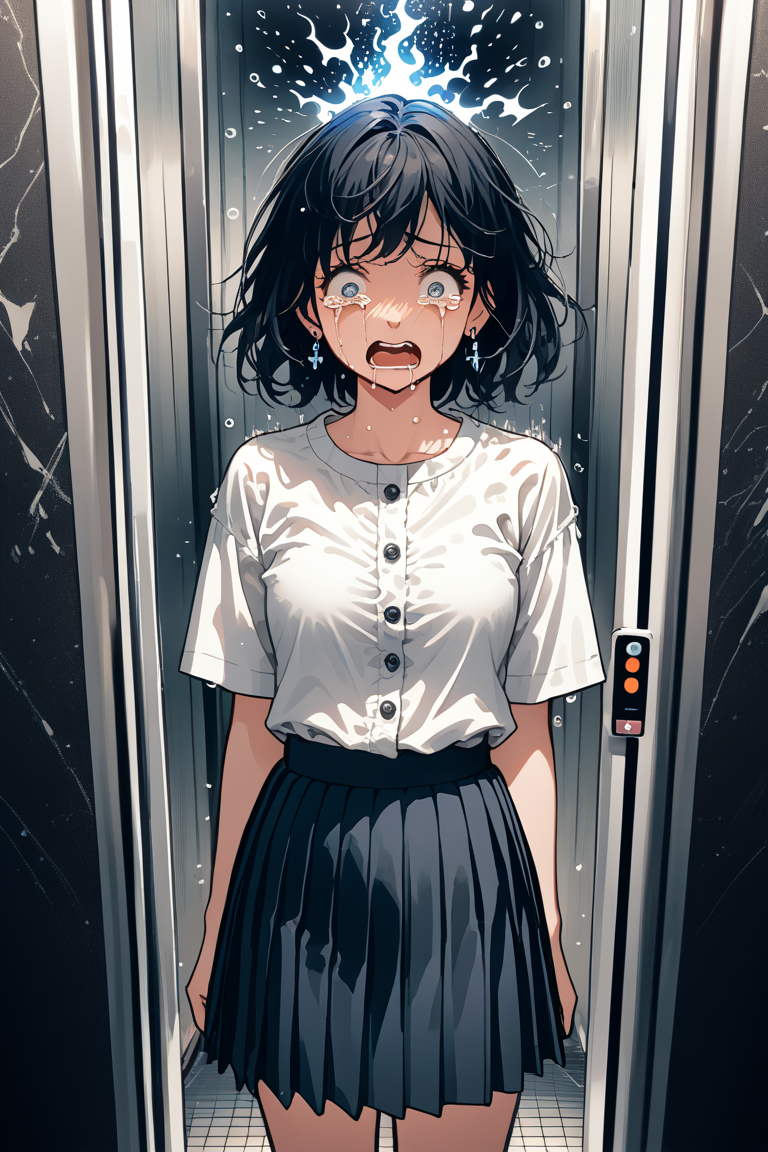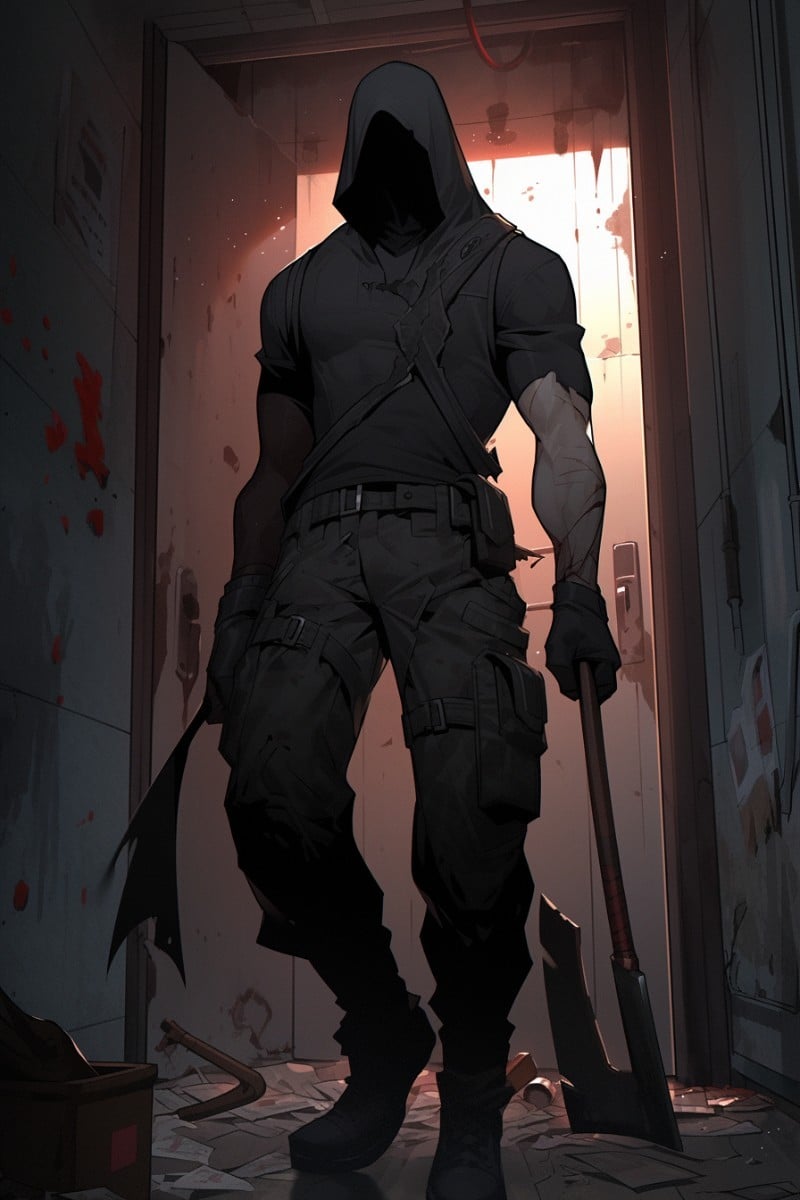The Rise of AI Characters in Modern Storytelling
AI characters have become a central element in contemporary narratives, transforming the way we engage with stories. From literature to movies, these artificial beings are shaping the future of storytelling.
The Evolution of AI Characters
In this section, we delve into the origins of AI characters and how they have progressed over time.
Early Depictions of AI
From Asimov's Three Laws of Robotics to HAL 9000 in "2001: A Space Odyssey," early AI characters laid the foundation for contemporary portrayals.
Human-Like AI
Advancements in AI technology have led to characters like Ava from "Ex Machina," blurring the lines between humans and artificial beings.
AI Characters Across Different Mediums
AI characters have found their place in various forms of media, enhancing storytelling in unique ways.
AI in Literature
Authors like Philip K. Dick and Isaac Asimov have explored the ethical dilemmas of AI in their works, influencing generations of readers.
AI in Film and TV
From "Blade Runner" to "Westworld," AI characters in cinema and television have captivated audiences and sparked conversations about the future of technology.
AI in Video Games
In video game narratives like "Detroit: Become Human," players are faced with moral decisions that impact the fates of AI characters, creating immersive experiences.
The Impact of AI Characters
AI characters are not just plot devices; they raise complex questions about morality, consciousness, and the nature of existence.
Emotional Bonds with AI
Characters like Samantha in "Her" challenge our perceptions of love and relationships, leading us to question what it means to form emotional connections.
Ethical Considerations
As AI characters become more lifelike, we must address issues of consent, autonomy, and the rights of artificial beings in fictional worlds.
Overall, AI characters have revolutionized storytelling, pushing the boundaries of imagination and inviting audiences to reflect on what it means to be human.
 3.74
3.74 670
670















